Birds are extremely smart and emotionally sensitive animals. Because of that, however, pet birds—especially the highly intelligent kinds, like parrots—can get bored if they're not engaged regularly.
While keeping such intelligent creatures constantly occupied seems like an almost impossible task, particularly when you're out of the house, there are ways to ensure your pet bird doesn't suffer from boredom.
- 01 of 05
Hold Your Bird Regularly
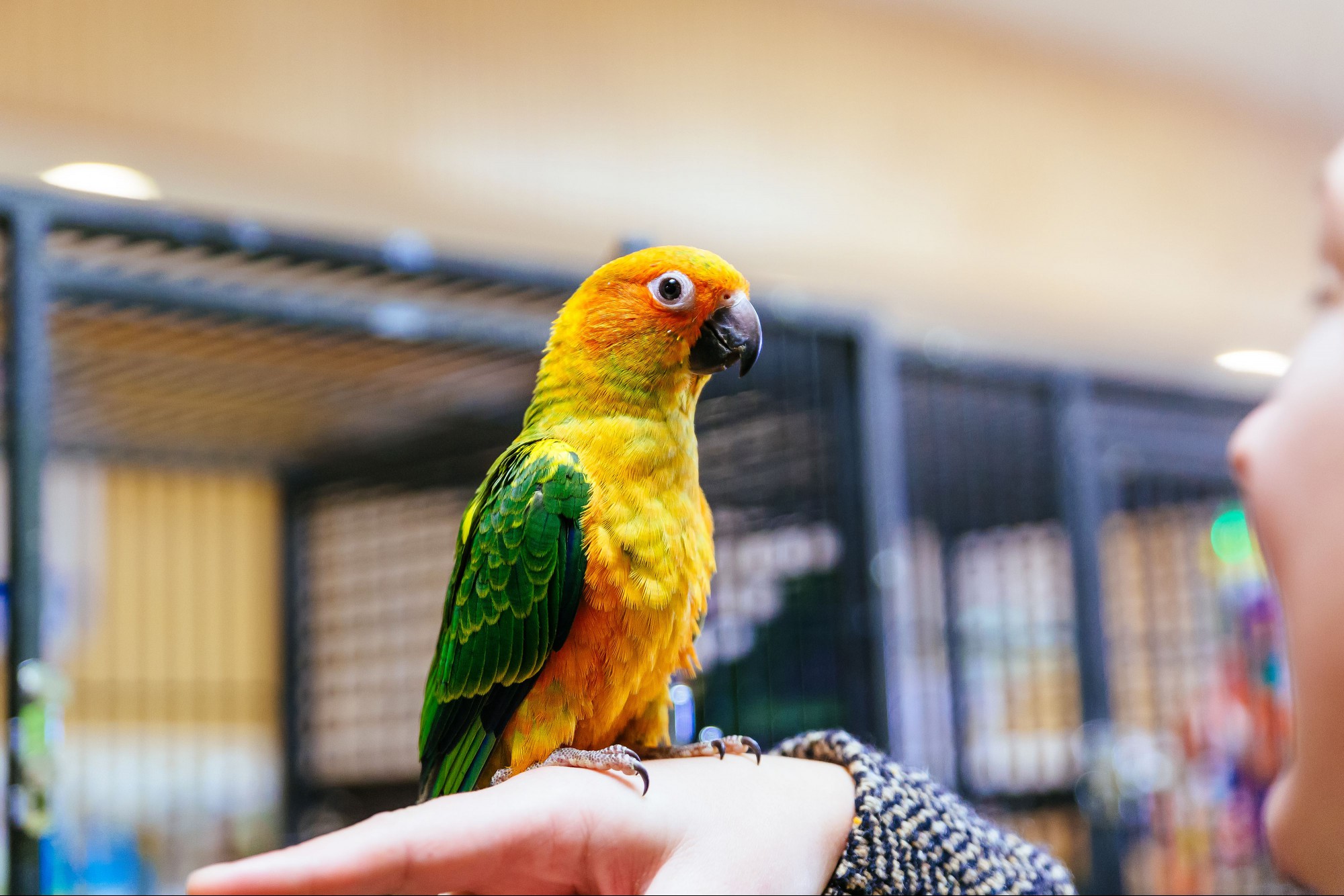
Valentyn Semenov / EyeEm / Getty Images Taking a few minutes out of each day to hold and handle your bird can provide immense positive mental stimulation to your feathered friend. Handling your bird often also helps develop and maintain the bond that you have with your pet. Ask any bird owner—the happiest parrots are those who get to spend the most time with their people.
Not only do most tame pet birds enjoy physical contact from their owners, handling your bird every day will help you become more familiar with your bird's body and understand their body language. This gives you the upper hand in discovering any physical abnormalities and changes to personality that could signal illness or injury.
02 of 05Rotate the Bird's Toys
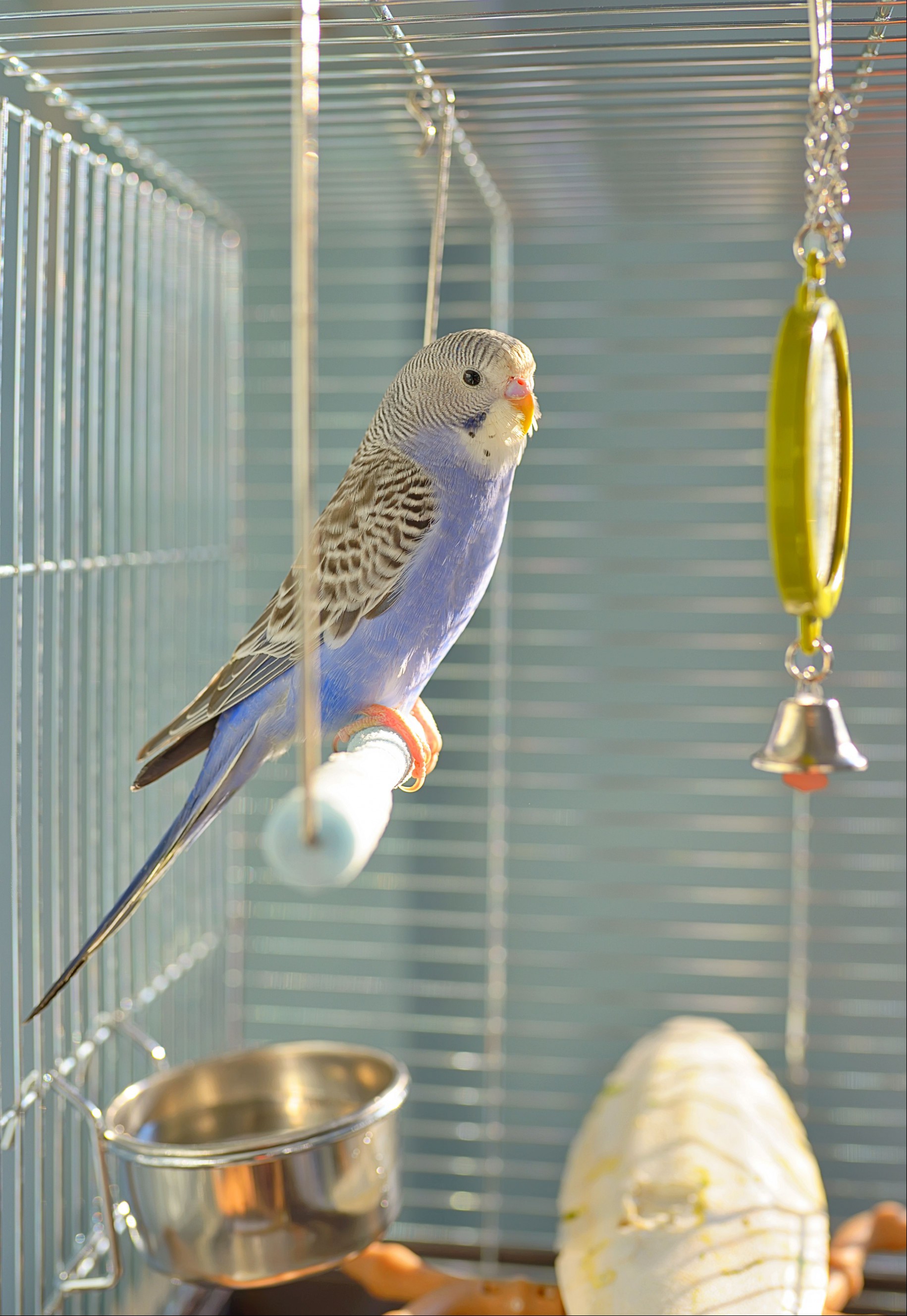
Iordache Laurentiu / EyeEm / Getty Images Much like young children, birds get bored playing with the same old toys after a while. Bird toys can be pricy, though, so some owners opt to keep a stash of several different types of toys and rotate different ones in and out of their bird's cage every couple of weeks. This way, your bird will get to play with "new" toys every now and then, which will help keep him mentally occupied. Make a quick batch of homemade bird toys to offer even more variety to your feathered friend.
03 of 05Teach Tricks to Your Bird
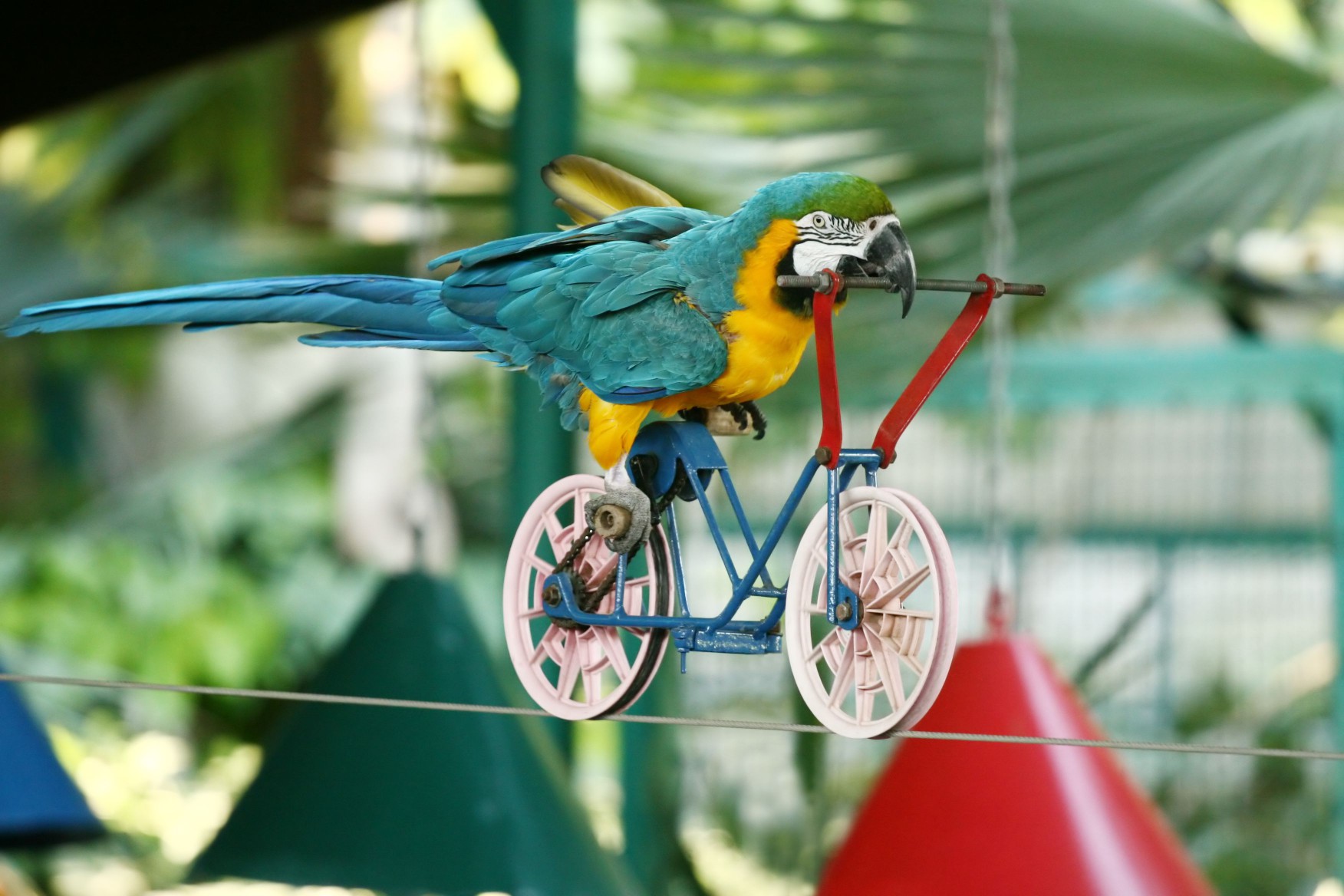
boryak / Getty Images The time that you'll spend working with your bird when teaching the animal some tricks, plus the tasty treats that he or she will get as a reward for a job well done, provides plenty of stimulation for your pet. At the same time, it provides socialization time and strengthens the bird-owner bond.
As your bird progresses, you can always add new tricks to help keep the process fresh. An added bonus: You'll have a great time showing off how cute and smart your pet is!
04 of 05Play Music or Videos
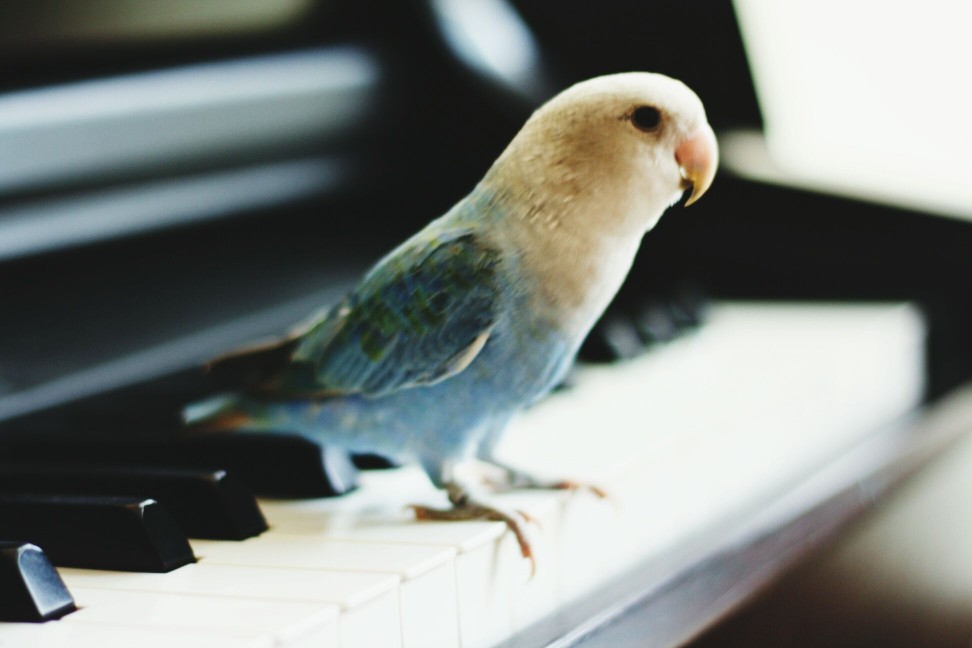
Adjiage Catherine / EyeEm / Getty Images Birds are naturally interested in different sounds and noises, so leaving a radio or television helps to keep them happy and comfortable while they are spending time in their cages. You can even log the types of music that your bird responds to the most or check out some popular songs about birds to make a custom playlist for your feathered friend.
Continue to 5 of 5 below05 of 05Provide Plenty of Food Options and Foraging Opportunities
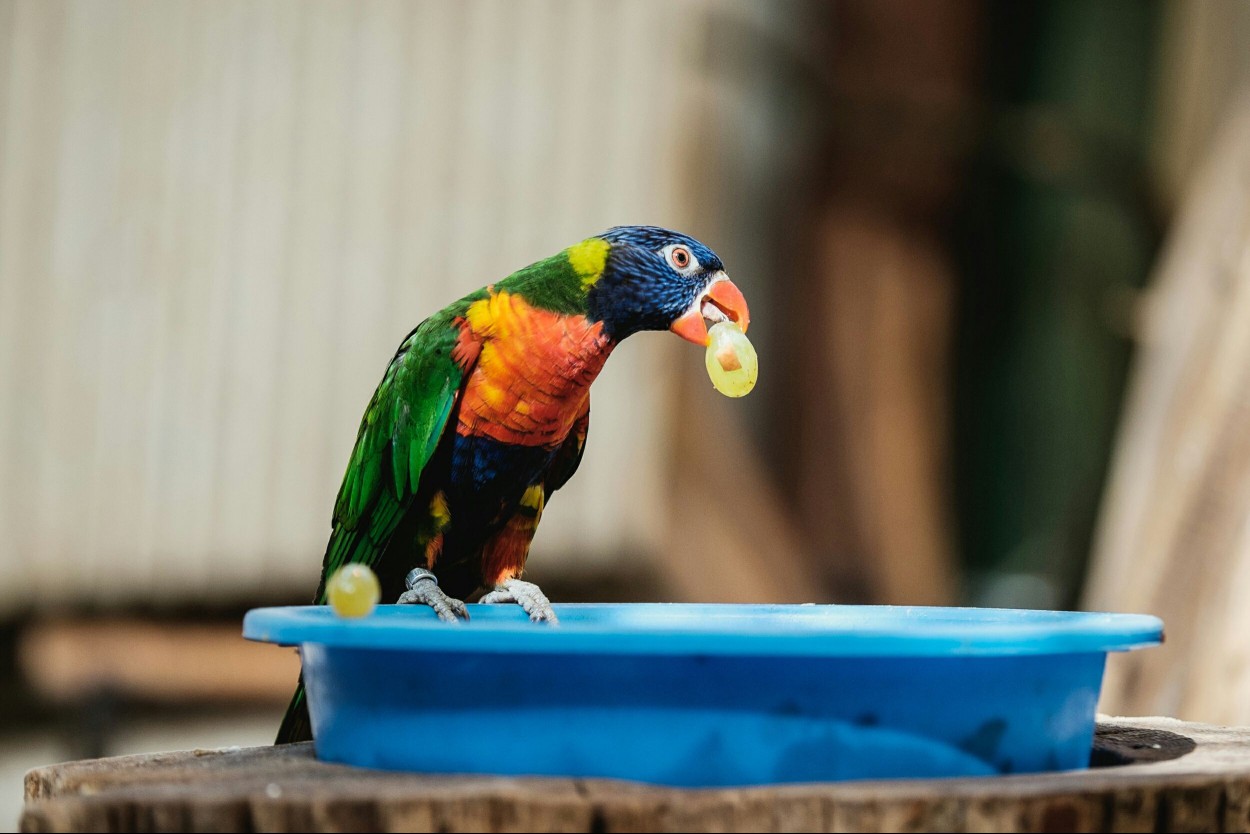
Andi Weiland / EyeEm / Getty Images In the wild, parrots dine on an array of different fruits, vegetables, seeds, berries, and nuts. It's no wonder, then, that they tend to get bored in captivity eating the same old pellets and seed mix day after day. Additionally, they have to find food in the wild and spend hours doing this- encourage this behavior at home with your parrot by introducing foraging!
Along with keeping your bird happy and occupied, adding more variety to your bird's diet in the form of fresh fruits and vegetables can give your bird's body a healthy boost of vitamins and nutrients. For extra fun and expanded options, cook up some homemade bird treats in your own kitchen. Place these treats into paper that is easily shreddable, or pick up a puzzle from the pet store to put it in and watch them work out how to get to it- its a big reward mentally for them!
RECOMMENDED NEWS
 bird-behavior-and-training
bird-behavior-and-trainingHow to Stop Aggressive Behavior in Pet Birds
There's no such thing as a mean bird. There are, however, fearful birds and those with emotiona...
Read More → bird-nutrition-and-food
bird-nutrition-and-food10 Common Foods That Can Poison Your Bird
Birds are social creatures, so many owners allow their pets to be included at mealtime. While shari...
Read More → bird-health
bird-health5 Signs Your Bird Needs a Nail Trim
Many bird owners agree that trimming a bird's nails isn't the easiest task. But it's necessary from...
Read More → bird-breeds
bird-breeds5 Fun Facts About Macaws
Macaws are perhaps the most easily recognizable birds in the parrot family (Psittacidae). Colorful ...
Read More → bird-breeds
bird-breedsGoffin's Cockatoo: Bird Species Profile
A Goffin's cockatoo is the perfect companion parrot if you have the spare time to devote to it. Thi...
Read More → bird-breeds
bird-breedsBlue-Fronted Amazon Parrot: Bird Species Profile
Blue-fronted Amazon parrots are among the best-talking birds kept as pets. They have brilliant colo...
Read More → bird-breeds
bird-breedsTop 10 Trainable Pet Birds
Birds are highly intelligent animals and some species are known to be particularly trainable. Many ...
Read More → bird-basics
bird-basicsSafety Tips for Handling Parrots
Unlike cats and dogs, parrots and other pet birds are not domesticated, and this means that they re...
Read More → bird-basics
bird-basicsThe Relationship Between Pets and Children: How to Foster a Positive Bond
There is growing evidence that pets, especially dogs, are good for children. This evidence surely h...
Read More →
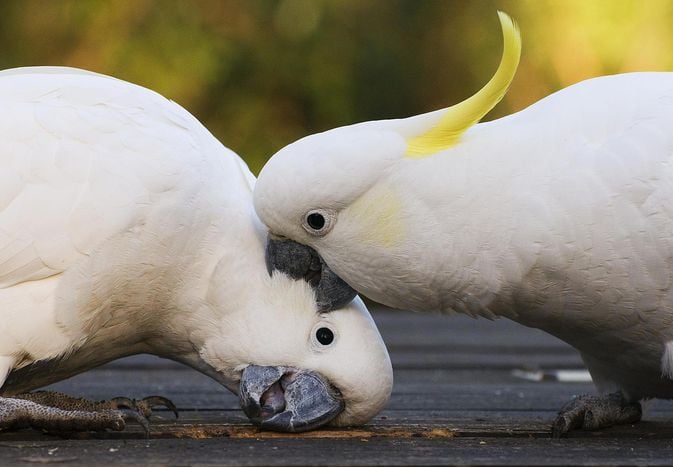
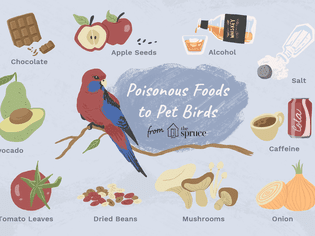
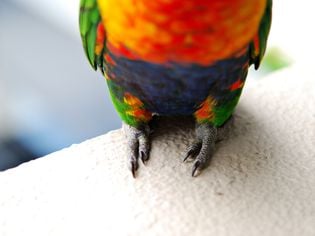
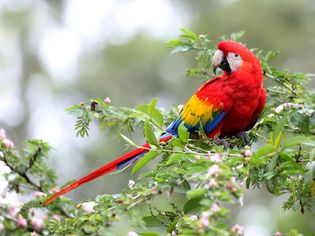
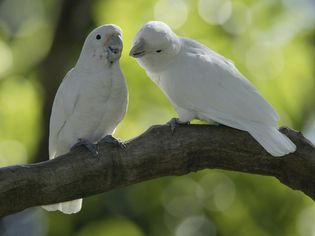
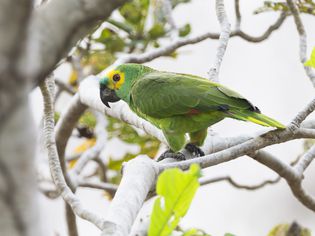
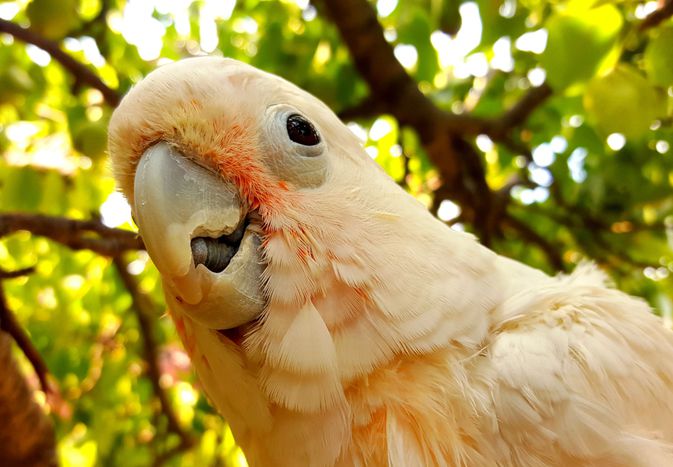
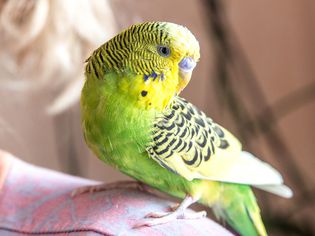

Comments on "How to Prevent Boredom in Pet Birds" :